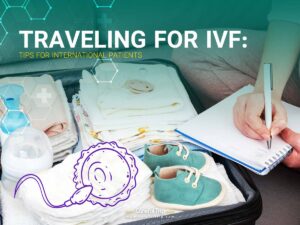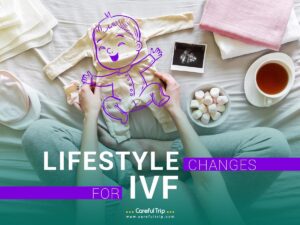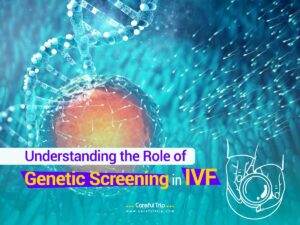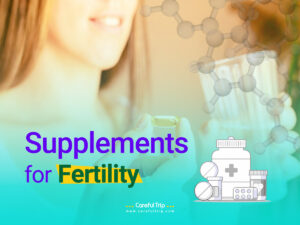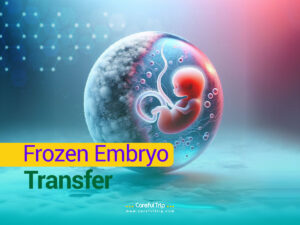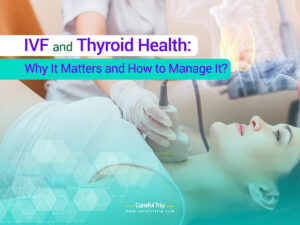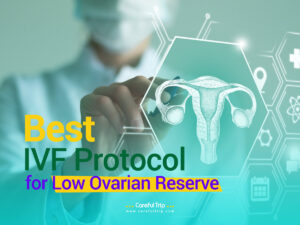
IVF for Cancer Survivors
The advancement of cancer treatments has significantly increased survival rates, giving millions of individuals a second chance at life. However, cancer treatments such as chemotherapy, radiation, and surgery can have devastating effects on fertility, leaving many survivors with concerns about their ability to conceive after treatment. In vitro fertilization (IVF) has become a practical option for these people in

